Beyond material wealth: My mother's lessons on true riches
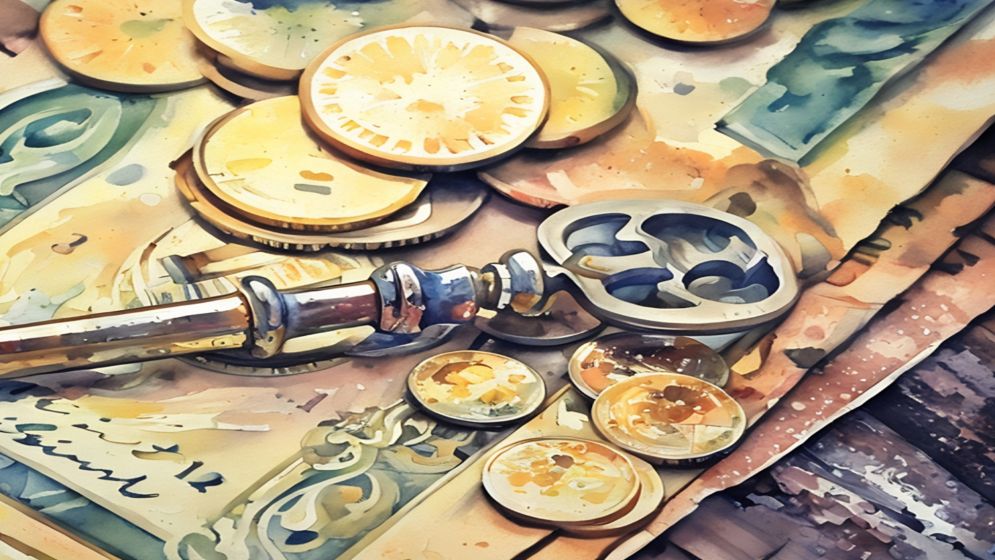
Back in the eighties, during my senior year of high school in Bangladesh, my mother would give me 100 taka each month for books.
It was enough to buy a couple of decent ones, but sometimes I'd yearn for a third and plead for extra money. Her reply was always the same: "We have to wait until next month." Frustrated, I'd blurt out, "Why are we so poor?"
Her response was swift and unwavering: "We are not poor. We are rich; we just don’t have enough money."
At the time, her words felt like a contradiction, but her conviction was undeniable. A devout Muslim, my mother was known for her boundless generosity.
She lived by a principle enshrined in the Quran: "Who believe in the unseen, establish prayer, and donate from what We have provided for them." (Al-Quran 2:3).
Back then, our doorstep was a familiar stop for those in need, seeking a bit of food. My mother always kept a bowl of rice and a measuring cup ready for them. Most would take their share and go, but some lingered, hoping to catch a glimpse of her, to exchange a few words.
I recall one woman we called “the standing one.” She'd wait patiently, just wanting to see my mother. I later found out she had lost a daughter who looked a lot like her.
There was also the “Tarzan lady,” so nicknamed because of her unusual height, reminiscent of a character from a popular American show.
As I grew older, I learned that these women were environmental migrants, displaced by the relentless erosion of their homes and fields. Their struggles deepened when the main breadwinners in their families passed away or became disabled.
My mother knew each of their stories intimately.
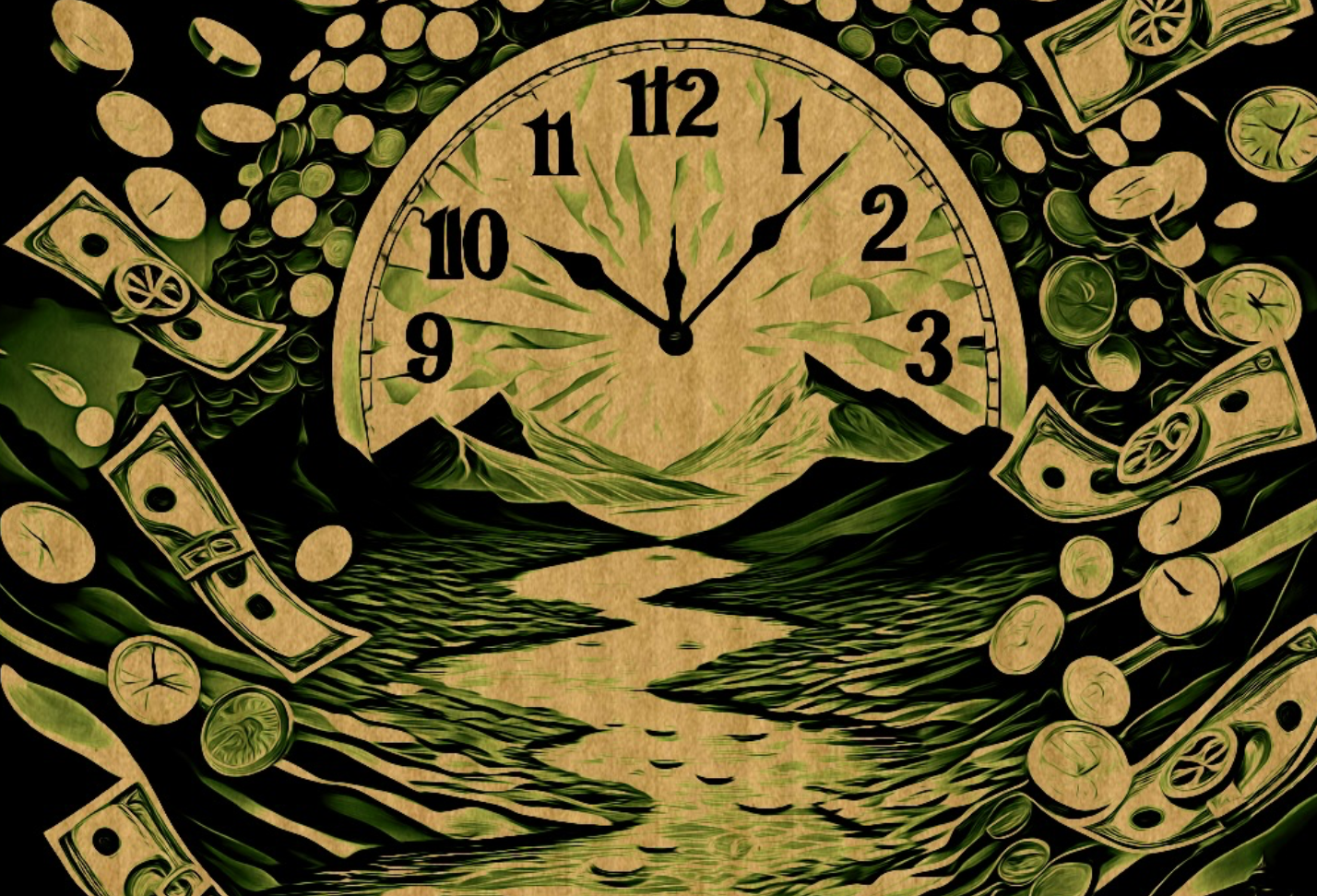
Can access to luxuries have darker sides?
In those days, luxuries like refrigerators, fans, and televisions were out of reach for middle-class families like ours.
The simple pleasures of chilled water on a scorching day or a cool breeze on a stifling night were often elusive to us. We lived frugally, carefully managing every penny.
My father would humorously describe his financial cycle: a capitalist for a few days after payday, a socialist until mid-month, and a full-fledged communist for the remainder.
Despite their financial constraints, my parents never openly discussed or displayed their worries about money. It wasn't that they didn't face hardships; they certainly did.
But they deliberately shielded us from their financial anxieties. They believed in the philosophy that true wealth lies in contentment and wanting less, rather than in accumulating more.
Many years later, one day, my eight-year-old son asked me about the toys I had when I was his age. My response - that I didn't have any - surprised him. "Why, Baba?" he asked, "Hadn't toys been invented yet?"
Thankfully, those days are in the past. The middle class in the Global South now has access to more than just basic necessities.
While challenges like underfunded schools, overcrowded transport, and strained healthcare persist, they're catching up with the Global North in terms of material comforts. The allure of the American dream seems to be resonating globally.
However, this progress has a darker side. The pursuit of material wealth is taking a toll on mental health, family structures, and the environment.
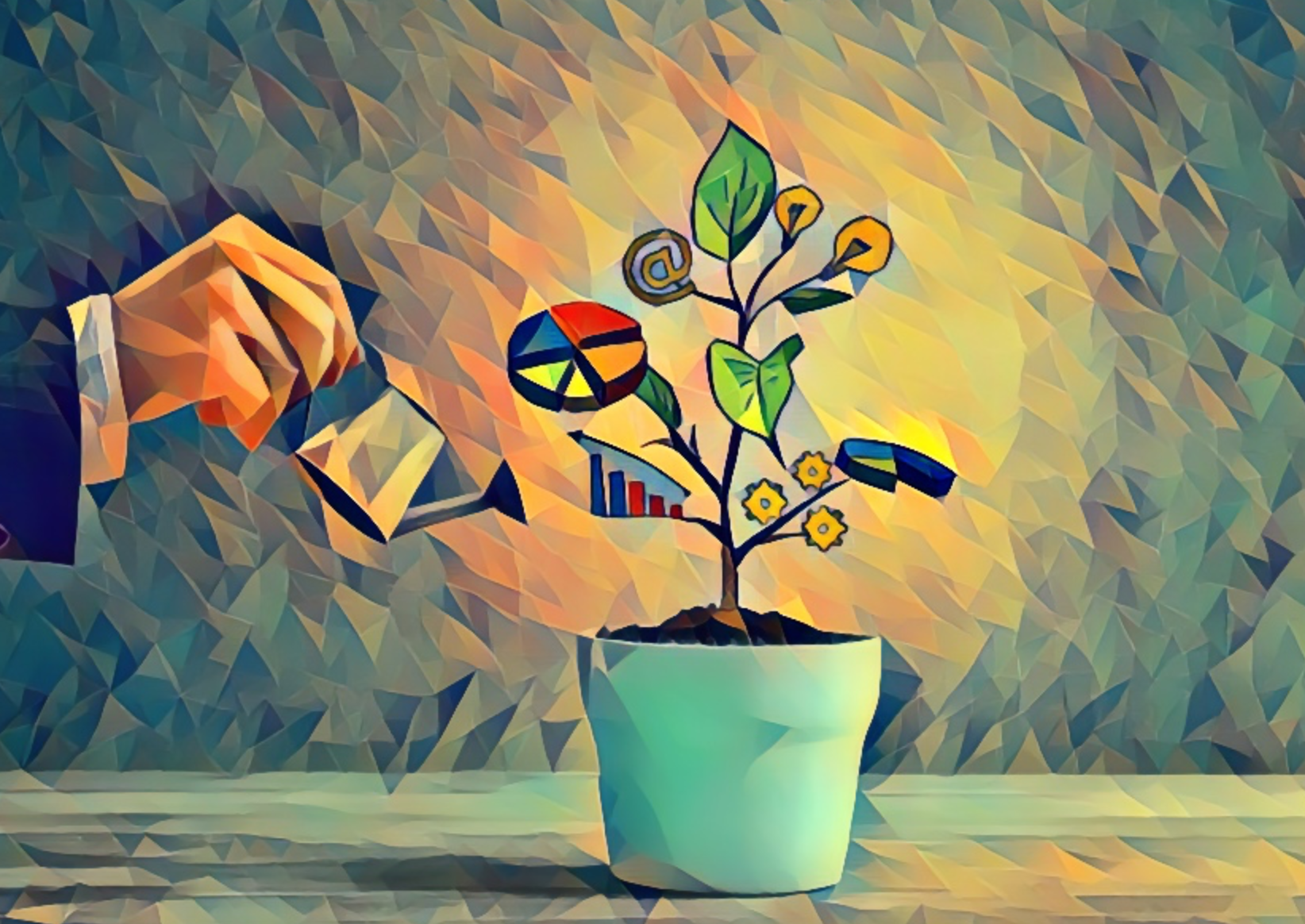
What does pursuit of happiness really mean?
The 2021 Australian census revealed a concerning statistic: 20% of the population is battling long-term mental illness.
South Korea, once hailed for its economic boom, now faces a birth rate crisis, with women having only 0.8 children on average, far below the replacement rate.
This pattern is evident in other developed nations like Japan, where low population growth isn't balanced by immigration like it is in Australia or Canada.
On a global scale, we're exceeding sustainable limits in nine crucial areas, including climate change, biodiversity loss, and pollution. This raises the critical question: how did we get here?
One way to understand modern states is through the lens of John Locke's philosophy. He proposed that the state exists to safeguard our life, liberty, and property, and its authority is derived from the people it governs.
The American Declaration of Independence echoes this sentiment, proclaiming the inalienable rights to "Life, Liberty, and the pursuit of Happiness."
This leads us to ponder the very definition of the pursuit of happiness. In a materialistic world, happiness is often equated with accumulating possessions.
Consequently, the pursuit of happiness has morphed into a relentless chase for wealth, the epitome of the American dream.

The flaw of abundance
My first trip to the USA opened my eyes to the darker aspects of abundance and excess. It was a sharp contrast to my life in Europe, where I had lived for several years, and everything felt amplified.
Restaurant water glasses were twice the size, laundromat machines worked at double the speed - the attendant even laughed when he learned I was from Germany, commenting on the snail's pace of their washers. Even the average car was significantly larger, and petrol was sold in gallons, not liters.
On my second day exploring, I stumbled into a street fight. The fear I felt was amplified by the knowledge of how easily accessible guns were in the USA.
It was a stark contrast to the bustling malls just a short distance away, highlighting the pockets of deep poverty that seemed far more severe than anything I'd witnessed in Western Europe.
The abundance of large houses, oversized cars, and an overall culture of excess puts a significant strain on our planet's limited resources. But does this excess truly contribute to our happiness? I'm inclined to think not.
Generally, having more can be beneficial. The crucial question is: what are we sacrificing to attain more? When our self-worth becomes tied to our ability to acquire possessions, it creates a toxic environment where many feel like failures rather than successes.
If a person's value is solely measured by their purchasing power, our desires can easily eclipse our dignity.
Some might ponder whether material wealth and moral goodness can coexist. Could someone like my mother, with greater financial means, have provided me with three or even four books? Should these concepts be inherently incompatible?
The answer is elusive; we can only take a position based on our beliefs, as we lack empirical tools to measure this balance definitively.
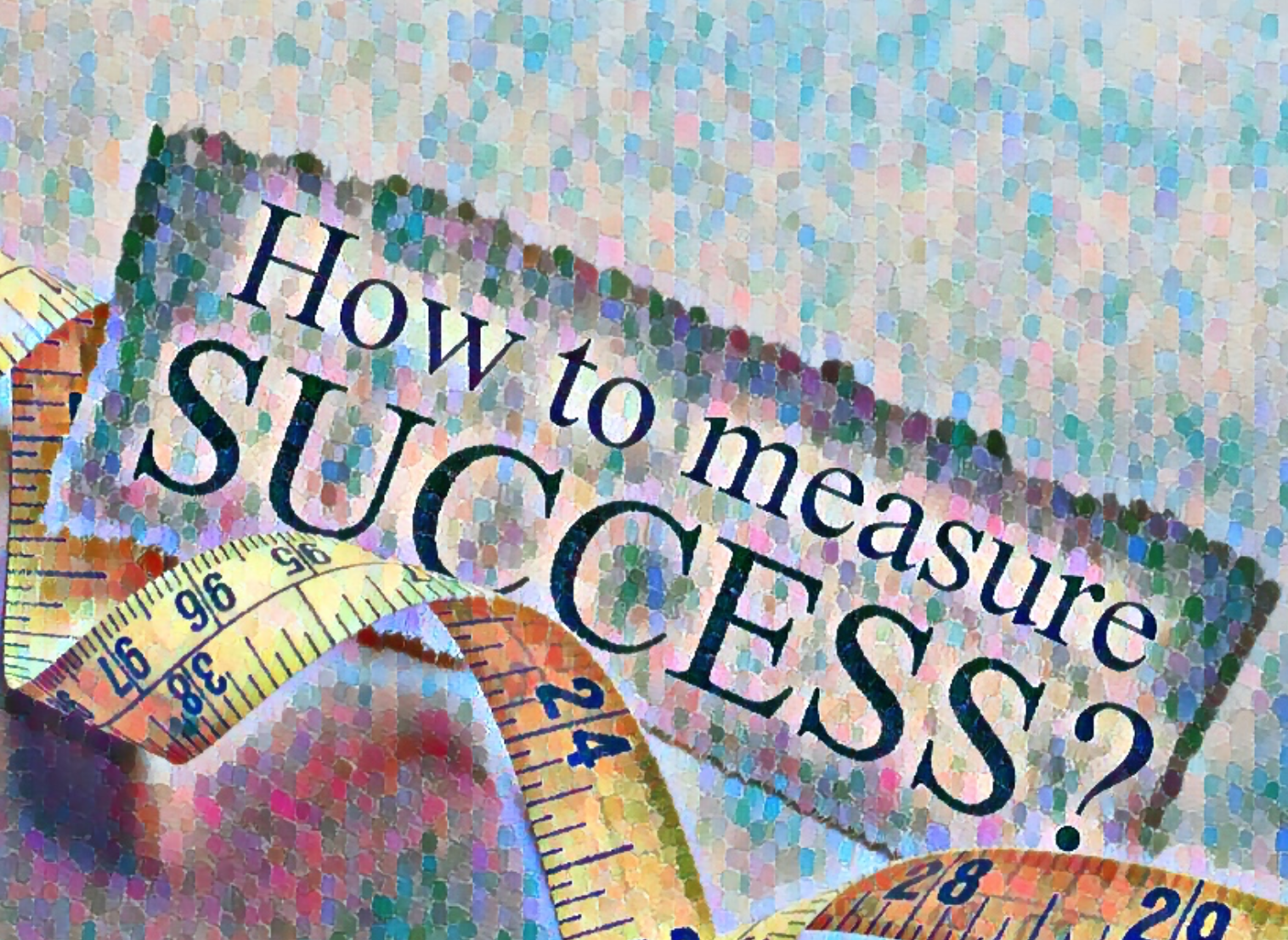
The problem of measuring material success
Our current economic systems prioritize material goods, quantified as national income or Gross Domestic Product (GDP).
We gauge success by the volume of goods and services exchanged annually. GDP, however, is a neutral indicator of monetized economic activities; it disregards families and the environment, often labeling them as externalities—issues we can conveniently ignore.
In countries where prostitution is legal and taxed, a sex worker contributes more to GDP than a full-time mother, who is statistically unemployed and potentially a burden on social welfare.
Opting to place our elderly parents in nursing homes rather than providing care ourselves might boost GDP, but it would erode family bonds and social cohesion. Similarly, privatizing education and healthcare could lead to short-term GDP growth but at the expense of social mobility.
Sweatshops, compared to factories offering fair wages, can drive faster GDP increases. This echoes Oscar Wilde's cynical character who knows the price of everything but the value of nothing.
It's noteworthy that GDP is a relatively recent American creation. In the aftermath of the Great Depression, Congress sought to gauge the decline in national production, while the Department of Commerce needed a national accounting system.
They turned to the NBER, and the task fell to Dr. Simon Kuznets, a fresh PhD graduate from Columbia University.
Coincidentally, Dr. Margaret Reid published her PhD thesis on the Economics of Household Production, advocating for the inclusion of women's unpaid work in national income calculations.
After careful consideration, Dr. Kuznets excluded the labor of unpaid household workers and caregivers from official statistics, unable to find a satisfactory way to assign them monetary value.
As a result, motherhood and household work were recognized as morally valuable but economically worthless. Nearly nine decades later, despite acknowledging the economic contributions of healthy households, we still lack reliable methods to account for them.
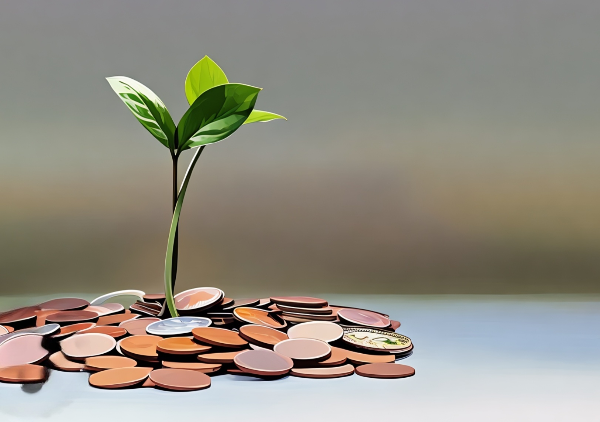
“Happiness shopping” and its main
principles
In economics, "needs" refer to the essentials for survival, while "wants" are desires beyond those basics. Behavioral economics, drawing on Daniel Kahneman's work, suggests that money can indeed buy happiness when it fulfills our needs.
However, spending on wants may lead to increased entitlement but not necessarily greater happiness. If more money doesn't translate to more happiness, it's likely we aren't spending it wisely.
Researchers from the University of British Columbia, Harvard, and Virginia examined this topic and identified eight principles of happiness shopping: 1) prioritize experiences over material goods, 2) help others instead of focusing solely on yourself, 3) seek many small pleasures rather than fewer large ones, 4) buy less insurance, 5) pay now and consume later, 6) think creatively, 7) engage in less comparison shopping, and 8) pay attention to the happiness of others.
The insights regarding helping others, buying less insurance, and paying now to consume later were particularly eye-opening for me, as they contradict current economic practices.
Ironically, one doesn’t need to attend elite universities to learn these valuable principles. Anyone who regularly attends Friday prayers will likely hear about these spending guidelines within six months, regardless of which mosque or imam they follow. I suspect the same applies to regular churchgoers.
Amidst the growing concerns of spiritual and environmental decline, innovative models like the Donut Economy and Degrowth Economy are gaining traction.
These models prioritize environmental sustainability while ensuring economic growth stays within the planet's capacity to regenerate.
Though they show promise in tackling environmental issues, their ability to address our spiritual crises remains to be seen. Hopefully, we won't realize their limitations too late.
These alternative models remind me of my mother. Their emphasis on reducing desires aligns with her wisdom, highlighting the difference between wealth-driven and values-driven richness.
Instead of constantly seeking more, they advocate finding contentment in having less. They promote a shift in human identity, from one defined by desires to one defined by dignity.
The pursuit of happiness, in this context, becomes about spiritual fulfillment rather than material accumulation.
—--
Dr Asrar Talukder is a senior research scientist in Australia. This article was first published on the AMUST website. It is republished here with stylistic edits and author’s permission

